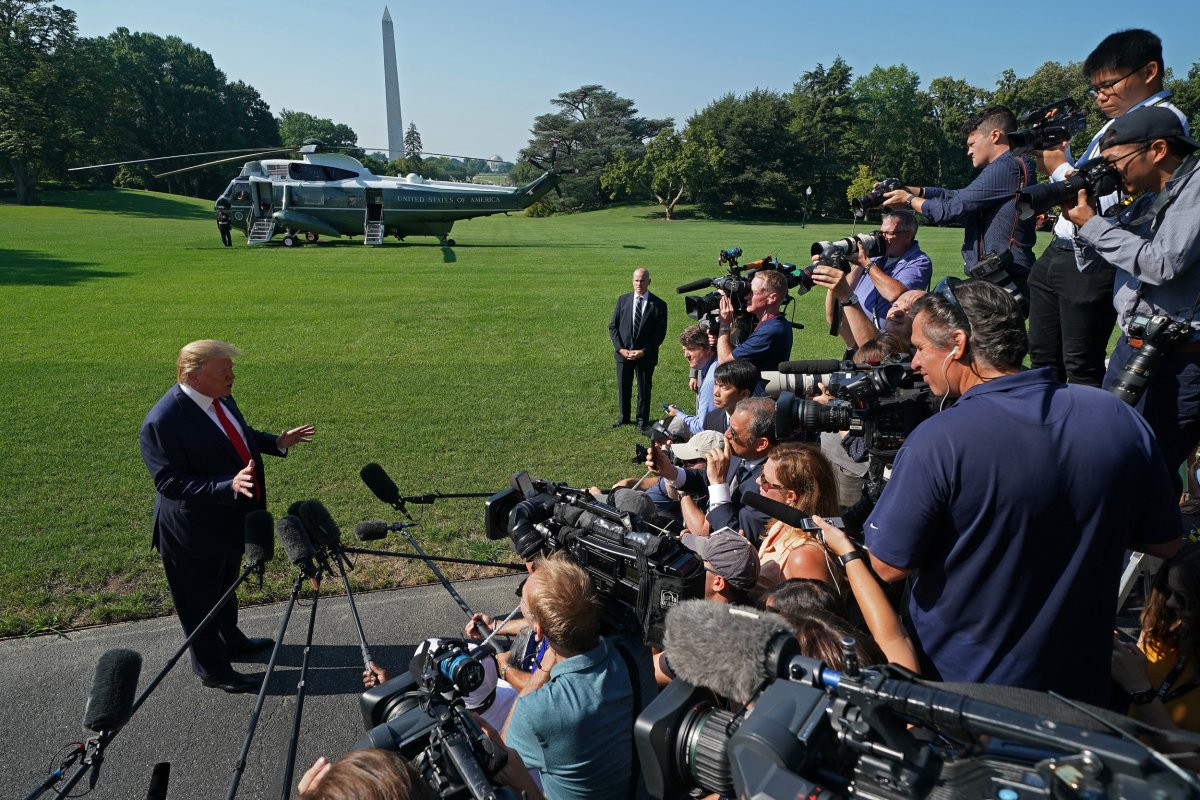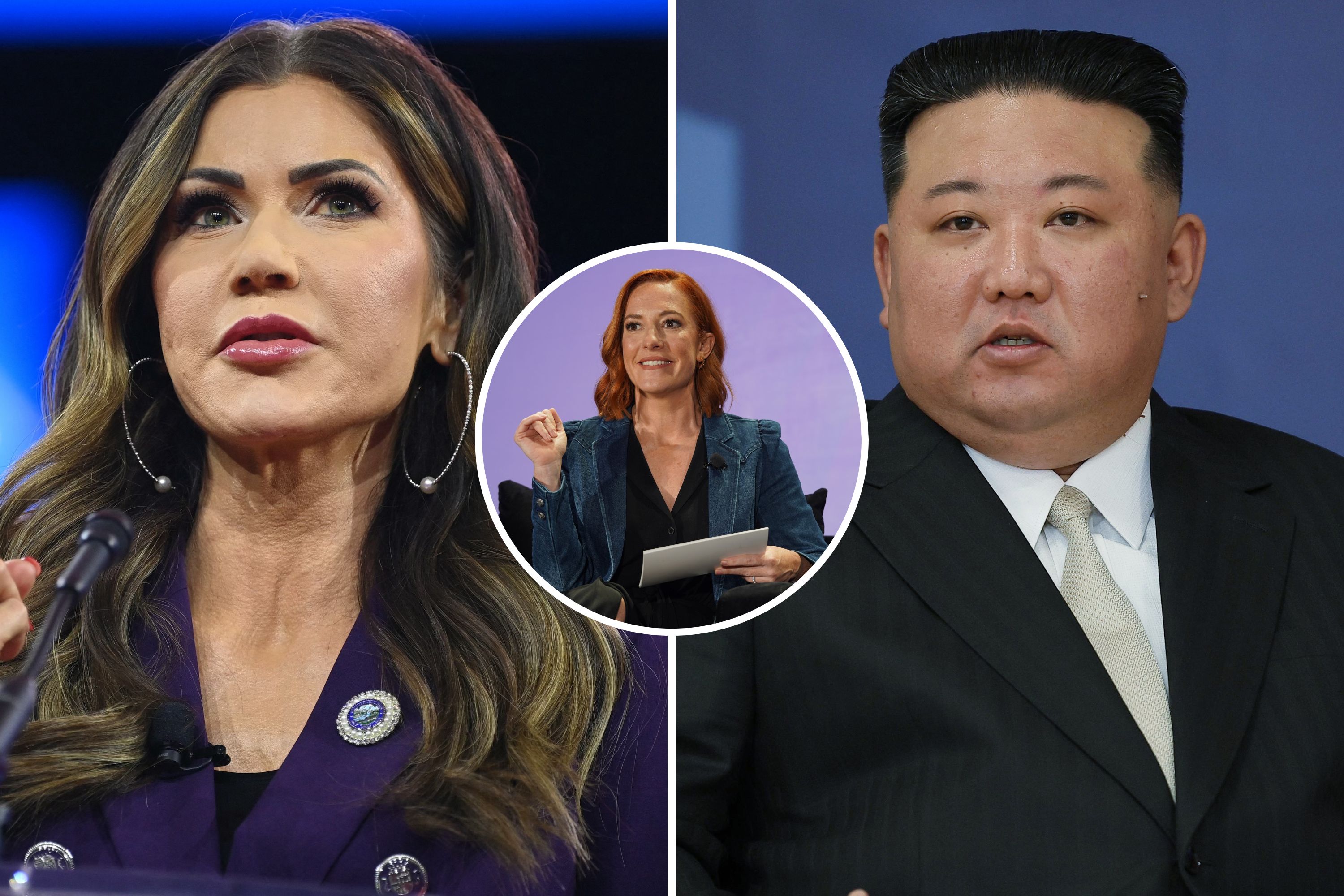The publisher of The New York Times has shared an anecdote shedding light on the cavalier attitude of President Donald Trump's administration to the safety of U.S. journalists abroad, following reports that the U.S. failed to step in to save one of the newspaper's staff from imminent arrest in Egypt.
On Monday, publisher A.G. Sulzberger wrote a Times opinion column reporting that the newspaper was forced to seek assistance from the Irish government to help one of its reporters—Declan Walsh—out of the country in the face of impending arrest because the Trump administration would not protect him.
According to Sulzberger, the Times was tipped off by an unnamed U.S. government official in 2017 that Walsh was at risk of arrest. The official added that the call was being made without the approval of the Trump administration, and that the administration may have intended to allow it to occur.
"Unable to count on our own government to prevent the arrest or help free Declan if he were imprisoned, we turned to his native country, Ireland, for help. Within an hour, Irish diplomats traveled to his house and safely escorted him to the airport before Egyptian forces could detain him," Sulzberger explained.
The publisher recalled another incident that took place 18 months later, involving Times reporter David Kirkpatrick. Sulzberger said the journalist "arrived in Egypt and was detained and deported in apparent retaliation for exposing information that was embarrassing to the Egyptian government."
But when the newspaper protested the decision, "a senior official at the United States Embassy in Cairo openly voiced the cynical worldview behind the Trump administration's tolerance for such crackdowns. 'What did you expect would happen to him?' he said. 'His reporting made the government look bad.'"
Sulzberger criticized the Trumpian trope of "fake news," used by the president and his supporters to smear any critical coverage. Other leaders worldwide, he added, are taking notes.
"He has effectively given foreign leaders permission to do the same with their countries' journalists, and even given them the vocabulary with which to do it," Sulzberger argued. "They've eagerly embraced the approach."
One such example is Egyptian general-turned-president Abdel Fattah el-Sisi, who Trump reportedly referred to as "my favorite dictator."
Sisi's authoritarian government has persecuted journalists and has been ranked as one of the top global jailers of journalists by the Committee to Protect Journalists. Many of those held are detained on charges of producing "false news."

Uncommon Knowledge
Newsweek is committed to challenging conventional wisdom and finding connections in the search for common ground.
Newsweek is committed to challenging conventional wisdom and finding connections in the search for common ground.
About the writer
David Brennan is Newsweek's Diplomatic Correspondent covering world politics and conflicts from London with a focus on NATO, the European ... Read more
To read how Newsweek uses AI as a newsroom tool, Click here.






